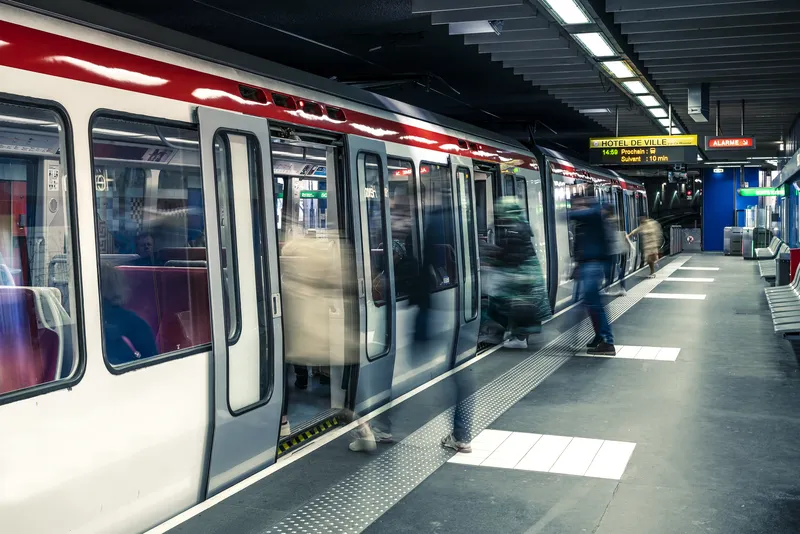That, at least, is what Visa is suggesting as the company launches its own secure access model (SAM), which is set to be put into service in Brazil.
Metro Rio will be the first transit operator to launch contactless payments using the Visa SAM in late April.
Visa and Planeta Informatica say the new technology “makes it easy for transit organisations and operators to begin offering riders the ability to tap to pay with a contactless card, phone or wearable device, without the expense and technical requirements of replacing current turnstiles or terminal hardware”.
Rather than having to buy new hardware, operators can install the Visa SAM directly into existing systems. Visa called it a “transformational development”.
“Through our work with Planeta Informatica, we have pioneered a way to accelerate the shift to contactless transit that is scalable and highly secure, while generating time and cost savings for transit operators by removing the hurdles of replacing potentially thousands of transit readers across the transport system,” says Nick Mackie, global head of urban mobility for Visa.
Visa launched its mass transit payment framework in 2017. “We worked diligently with Visa to build the best technological solution for adding EMV contactless acceptance on top of any existing closed-loop payment system without necessarily replacing the entire electronic ticketing infrastructure,” said Artur Costa, CEO of Planeta Informática.
The two companies have partnered with
Rio’s commuters welcome contactless Visa application
Transit authorities could soon be seeing the benefits of contactless payments – without having to replace expensive turnstiles or terminals.
That, at least, is what Visa is suggesting as the company launches its own secure access model (SAM), which is set to be put into service in Brazil.
Metro Rio will be the first transit operator to launch contactless payments using the Visa SAM in late April.
Visa and Planeta Informatica say the new technology “makes it easy for transit organisations and operators to
March 6, 2019
Read time: 2 mins
Transit authorities could soon be seeing the benefits of contactless payments – without having to replace expensive turnstiles or terminals.










